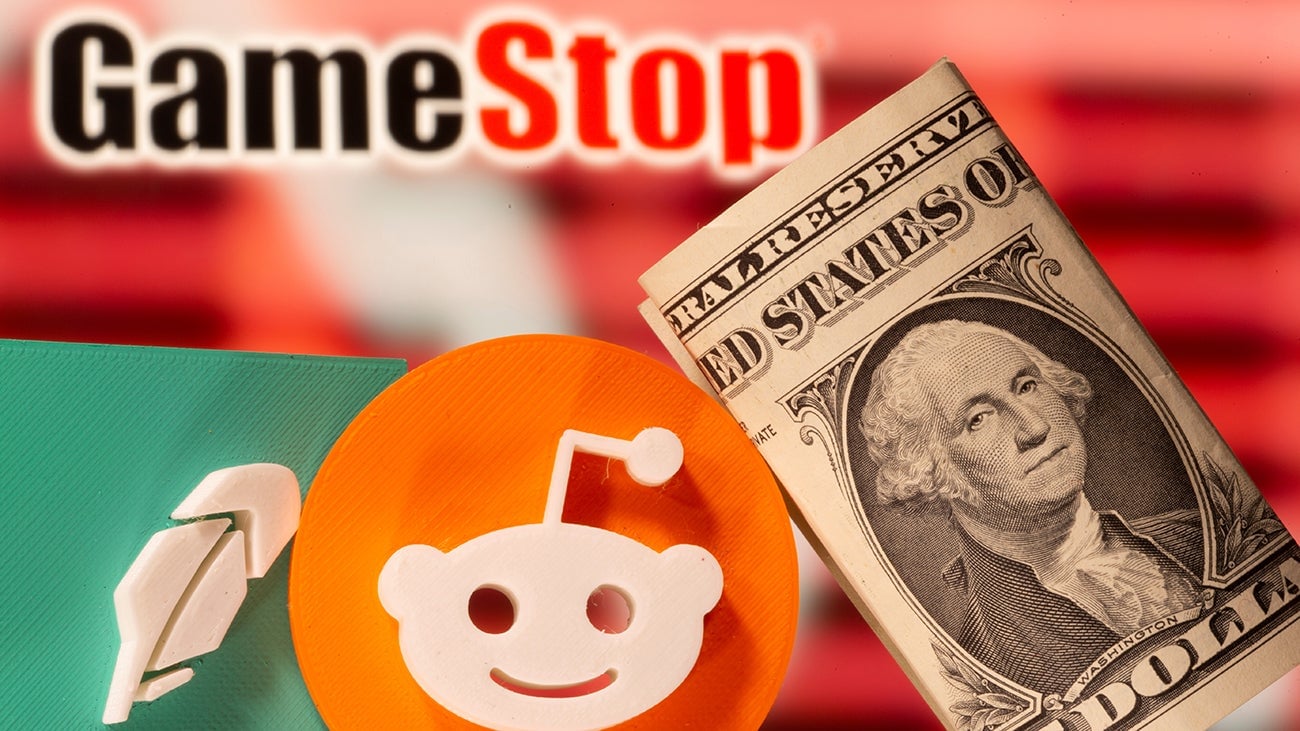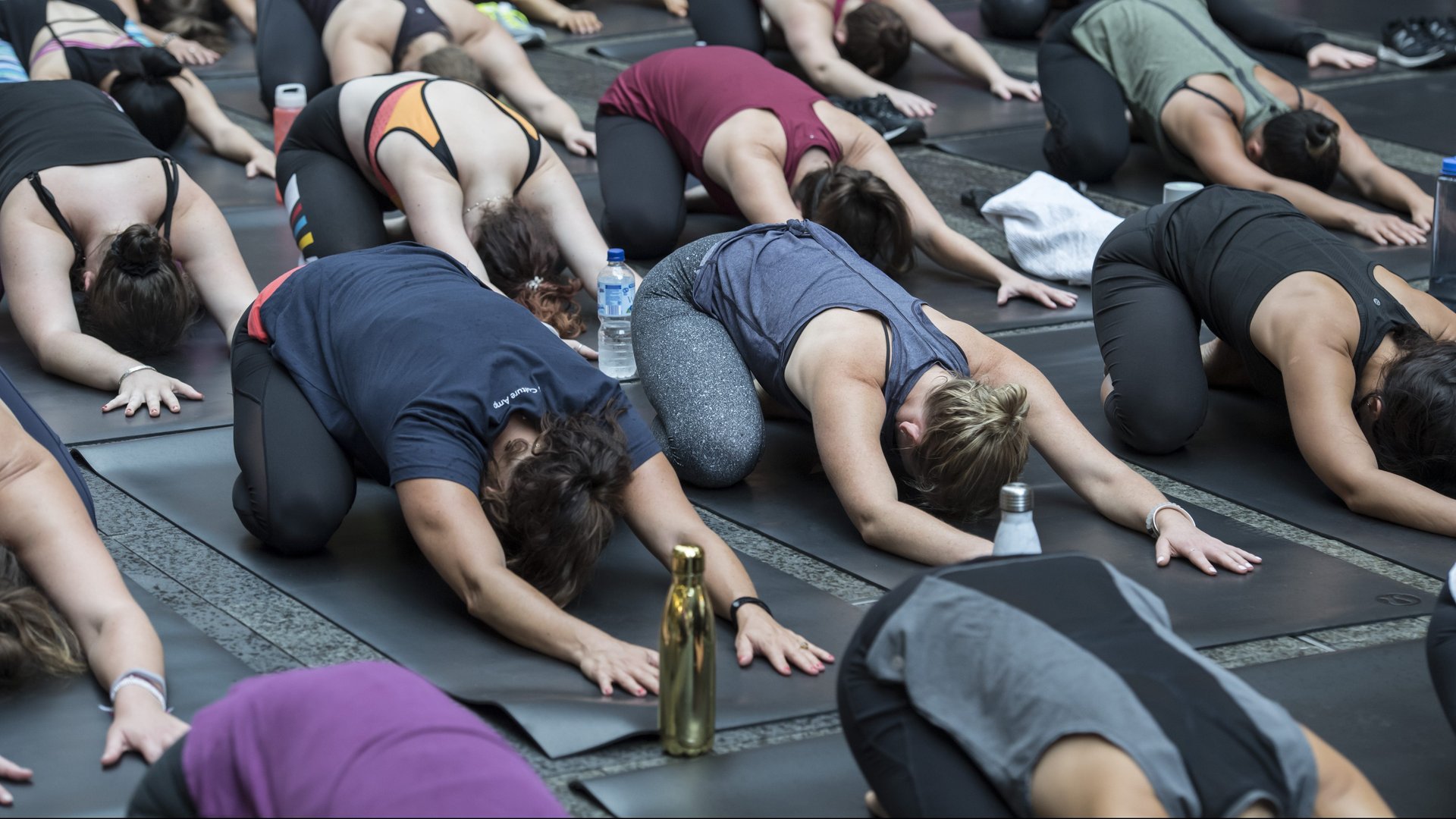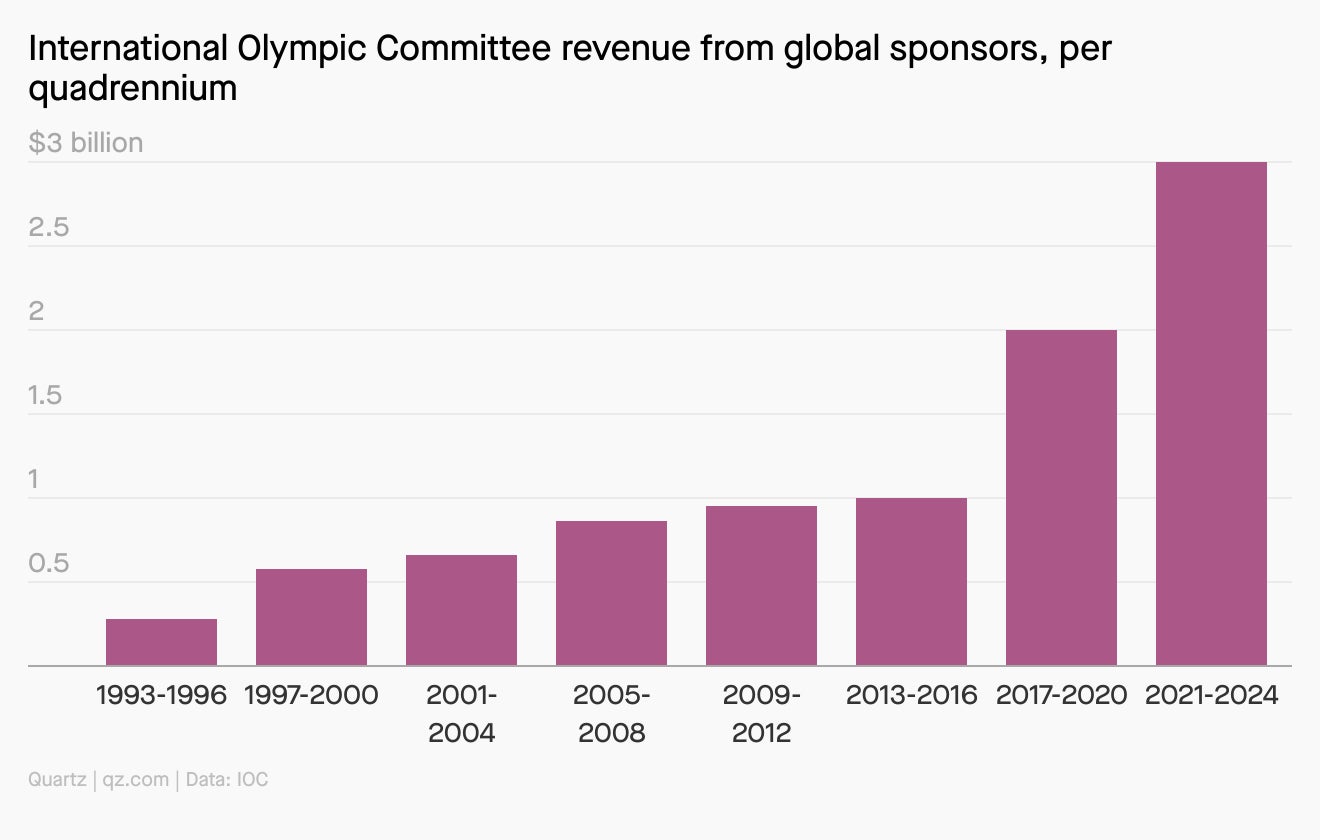Meme stocks surge, Etsy-Depop deal, people-hating parrots
Good morning, Quartz readers!


Good morning, Quartz readers!
Was this newsletter forwarded to you? Sign up here. Make some personal pacts by forwarding it to the other half of your own favorite partnership.
Here’s what you need to know
Rishi Sunak expressed support for the US global corporate tax plan. It could work if it targets “the right companies,” said the UK finance chief ahead of the G7 meeting tomorrow, which could back the proposal for a minimum tax rate.
A European consumer group joined the EU’s antitrust case against Apple. The European Consumer Organization will work with the bloc’s regulator to argue the tech giant distorts competition in the music streaming market. Apple has rejected the charges.
The UK is in talks with AstraZeneca to secure a “variant vaccine.” The current shot is only 10.4% effective against the strain first identified in South Africa.
Israel’s opposition agreed on a government. The coalition agreement, if ratified by parliament, means the ouster of prime minister Benjamin Netanyahu. Meanwhile, the country is seeking $1 billion from the US to replenish the Iron Dome air defence system.
Meme stocks surged, again. Shares of the movie chain AMC, retailer GameStop, and the software firm Blackberry all gained over 10%, fueled by individual traders and activity on the Reddit WallStreetBets forum.
Japan wants to woo semiconductor manufacturers. Hoping to beef up its supply chain, Tokyo promised financial incentives to international chipmakers in exchange for setting up shop in the country.
Facebook is doubling down on how businesses can interact with customers. The social media giant said it would be giving businesses access to the Messenger API for Instagram, then announced more business integration plans at the F8 Refresh developer conference.
What to watch for

Lululemon reports its latest quarterly earnings today. The athleisure company fared well during the work-from-home era, with annual revenue jumping to $4.4 billion in the 2020 fiscal year, up 11% from the previous year. But as offices reopen, will employees be trading in their stretch pants for a more formal look?
One possibility is that workers will swing from sweatsuits to what the Wall Street Journal calls “joy dressing”—bold prints and ruffles in all colors of the rainbow, all symbolizing shared relief at emerging from a traumatic year. (Joy dressing can be a real mood-booster for remote workers too, as Quartz reported last year.)
Another possibility is that the business-casual look will get even more laid-back, with workers importing the elastic waistbands to which they’ve become accustomed. DEI experts suggest that relaxing standards of professional attire could also wind up being a boon for equity in the workplace. Leggings or no, here’s hoping the next chapter of business dress is more comfortable for everyone.
Charting Olympic sponsorship revenue
It’s looking increasingly likely that the Tokyo Olympics will happen—not least because of the massive amount of sponsorship dollars at stake. Brands typically pay the International Olympic Committee for a four-year package, called a quadrennium, which gives them marketing rights to one summer and one winter games. In total, the IOC is expected to bring in about $2 billion from global sponsors this quadrennium.

What the brands get out of this arrangement isn’t always easy to quantify, but they’re sure it’s worth it. Adam Epstein explains why even in a pandemic there’s no shortage of sponsors.
Is Depop worth $1.6 billion?
Etsy seems to think so—the online purveyor of homemade goods is buying the UK-based fashion resale marketplace for that tidy sum in a primarily cash deal. Launched in 2011, Depop’s merchandise sales grew to $650 million last year, generating $70 million in revenue. The overall fashion resale market is now worth between $30 billion and $40 billion globally, according to Boston Consulting Group.
Marc Bain breaks down why Etsy made the deal:
💁 A younger clientele: The average Etsy seller is 39. At Depop, about 90% of its active users are younger than 26.
🛍 A loyal following: Depop’s average active buyer made purchases six times last year, and 75% of merchandise sales come from existing buyers.
📈 Potential for scale: Etsy can share its expertise in search and help Depop boost its marketing, something the latter hasn’t done much of thus far.
✦ Marc covers the future of retail, including in his most recent field guide on what stores are for now. Before you add a Quartz membership to your online shopping cart, you can try it free for a week.
Handpicked Quartz
🦺 It’s time to learn if the new Nafta really protects workers
(Psst.☝️ We took the last story out from behind our paywall. We found it that fascinating.)
Surprising discoveries
US troops stormed the wrong factory during a training exercise. No one was hurt, but the owner of the Bulgarian sunflower oil plant has filed a lawsuit.
Elon Musk made “Baby Shark” stock rise. The man can’t say a single thing without moving the market.
He’s also got his eye on the restaurant biz. Tesla has applied for new trademarks in the food industry, presumably to realize its CEO’s vision of a 1950s-style diner, only with Superchargers.
AMC is giving retail investors free popcorn. The movie theater meme stock wants to engage more with those who are sending its stock to the moon—and it’s working.
The world’s only alpine parrots may just be regular parrots who hate people. There’s no real genomic adaptation that makes them need to live in New Zealand’s mountains.
Our best wishes for a productive day. Please send any news, comments, meme stock tips, and associated rewards programs to [email protected]. Get the most out of Quartz by downloading our iOS app and becoming a member. Today’s Daily Brief was brought to you by Sumnima Lama, Mary Hui, Tripti Lahiri, Sarah Todd, Liz Webber, and Susan Howson.